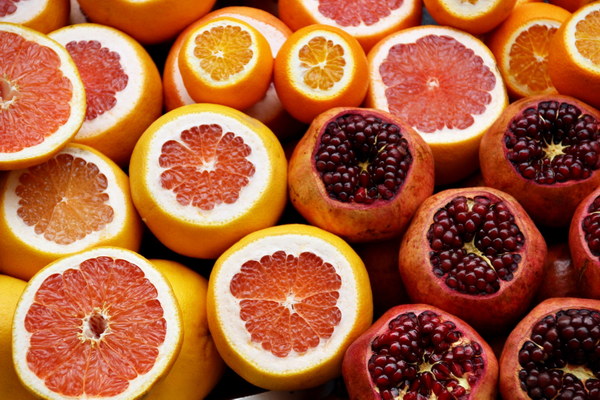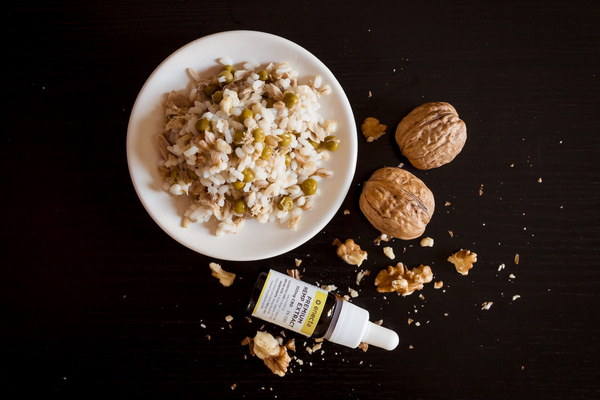Revitalize Your Lungs A Comprehensive Guide to LungCleansing Herbs and Their Dosages
Introduction:
The lungs are vital organs responsible for the exchange of oxygen and carbon dioxide in our bodies. With pollution levels rising and lifestyles becoming increasingly sedentary, lung health has become a significant concern. Traditional Chinese medicine (TCM) offers a wealth of knowledge on lung health, with various herbs and formulas designed to nourish and cleanse the lungs. This article will explore some of the most effective lung-cleansing herbs and their recommended dosages, providing a comprehensive guide to improving lung function and overall health.
1. Elderberry (Sambucus nigra)
Elderberry is a powerful herb known for its immune-boosting properties. It can help reduce inflammation and strengthen the respiratory system. The recommended dosage for elderberry is 1-2 teaspoons of the dried berries or 1-2 tablespoons of the liquid extract, taken three times a day.
2. Licorice Root (Glycyrrhiza uralensis)
Licorice root is a well-known herb in TCM for its ability to soothe the respiratory tract and reduce inflammation. It is often combined with other herbs to enhance their effectiveness. The recommended dosage for licorice root is 1-2 grams of dried root powder or 1-2 tablespoons of the liquid extract, taken twice a day.

3. Mulberry Leaf (Morus alba)
Mulberry leaves are rich in antioxidants and can help boost lung function. They are also known for their anti-inflammatory and expectorant properties. To benefit from mulberry leaves, consume 2-4 grams of dried leaves as a tea or add them to soups and stews.
4. Astragalus Root (Astragalus membranaceus)
Astragalus root is a popular herb in TCM for its immune-boosting and lung-nourishing properties. It is often used in combination with other herbs to enhance their effects. The recommended dosage for astragalus root is 3-6 grams of dried root powder, taken twice a day.
5. Ginger (Zingiber officinale)
Ginger is a versatile herb with anti-inflammatory and expectorant properties. It can help clear mucus and soothe the respiratory tract. To use ginger for lung health, consume 1-2 grams of fresh ginger or 1/2-1 teaspoon of dried ginger powder, taken twice a day.
6. Peppermint (Mentha × piperita)
Peppermint is a well-known herb for its ability to relax the muscles in the respiratory tract and reduce inflammation. It is also a natural decongestant. To enjoy the benefits of peppermint, steep 1-2 teaspoons of dried peppermint leaves in hot water and drink as a tea, or inhale the steam to help clear blocked airways.
7. Thyme (Thymus vulgaris)
Thyme is a flavorful herb with potent antibacterial and anti-inflammatory properties. It can help fight infections and improve lung function. The recommended dosage for thyme is 1-2 grams of dried herb or 1-2 teaspoons of the liquid extract, taken twice a day.
Conclusion:
Incorporating lung-cleansing herbs into your daily routine can help improve lung function, boost your immune system, and support overall health. Always consult with a healthcare professional or a TCM practitioner before starting any new supplement or treatment. By following the recommended dosages and incorporating these herbs into your diet, you can take a natural and effective approach to lung health.









